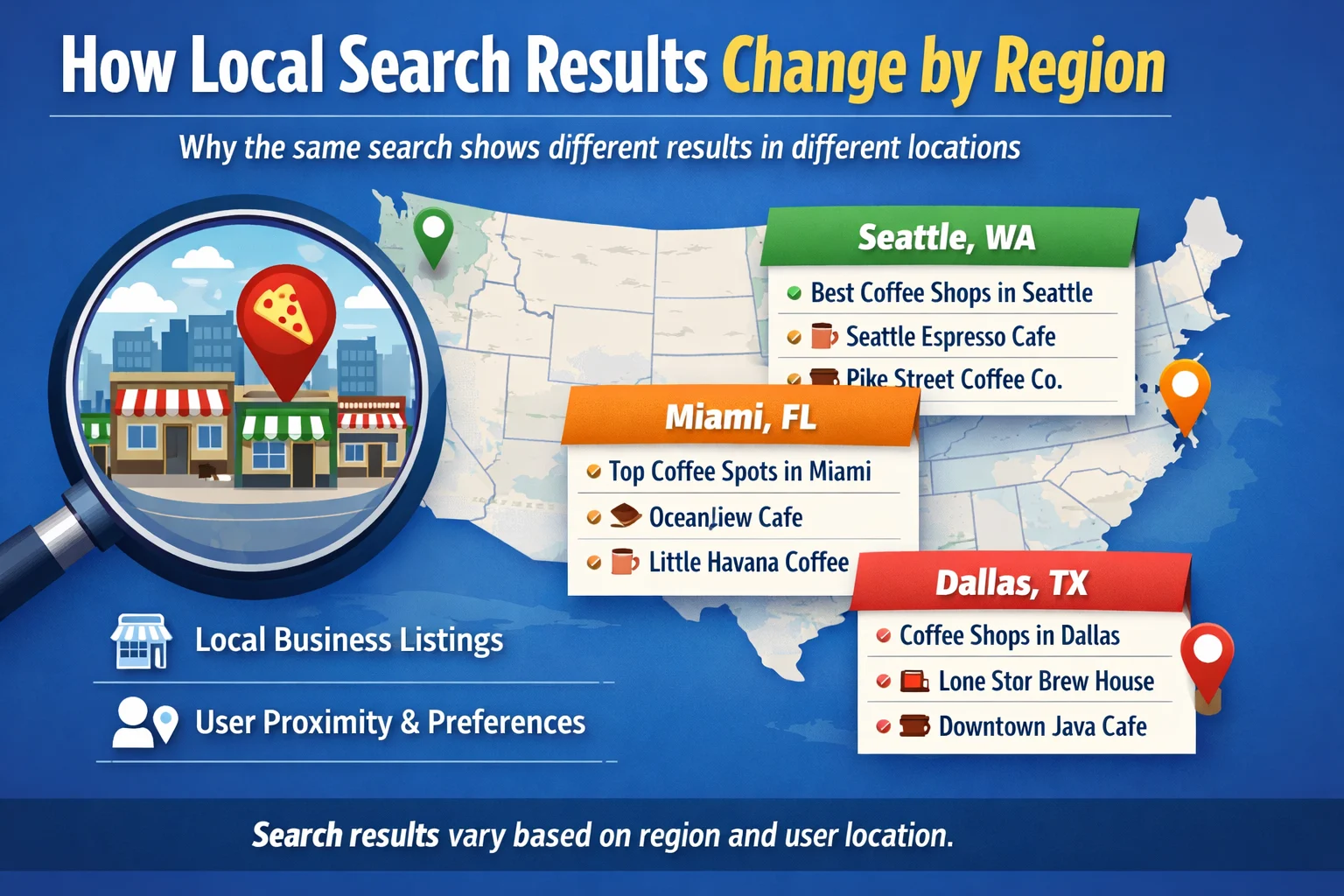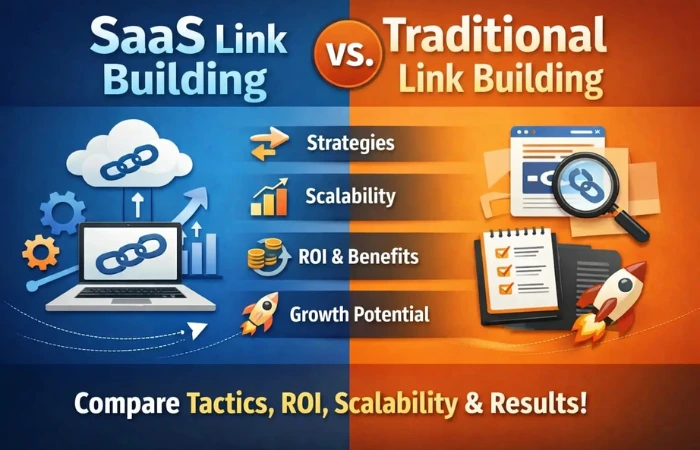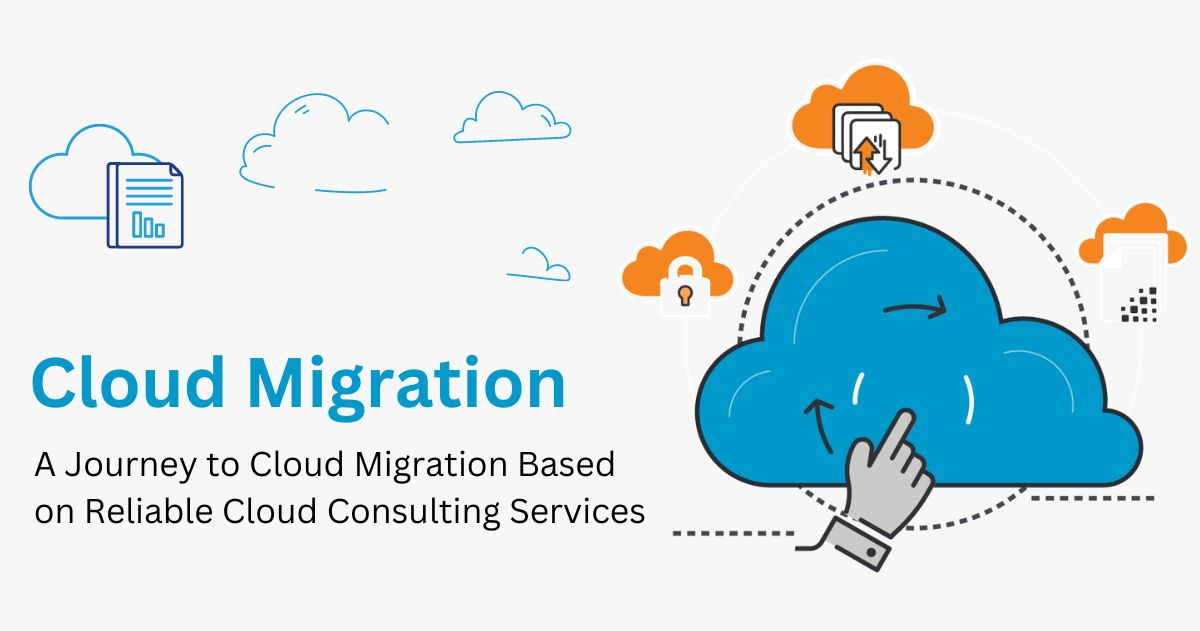E-commerce businesses today rely heavily on cloud infrastructure to run their websites, manage inventory, process payments, and deliver smooth user experiences around the clock. But as flexible and scalable as the cloud may be, costs can quickly spiral out of control if not carefully monitored. For startups and scaling businesses, controlling cloud spending isn’t just about budgeting—it’s about making sure every resource supports growth and performance.
The Hidden Complexity Behind Cloud Growth
Many e-commerce teams begin their cloud journey with just the basics: a virtual storefront, a few integrations, and sufficient compute power to stay online. But as customer demand grows and operations expand, it’s common to keep adding more cloud services—often without stopping to evaluate whether they’re all still necessary.
That’s why understanding cloud usage is so critical. Platforms like AWS are powerful but also intricate. A feature added during a sales event might still be running months later, quietly increasing your monthly bill. And misconfigured storage, inefficient load balancing, or underutilized servers can all erode your profit margins over time.
For companies aiming to build scalable infrastructure, resources provide valuable guidance on how to implement and manage AWS for ecommerce environments properly. These insights can help teams build flexible systems without sacrificing control over long-term costs.
Auditing as a Strategic Cost-Saving Tool
Many growing brands eventually reach a point where they realize the importance of taking a step back to audit AWS infrastructure and costs as a way to identify where their money is going. An audit isn’t about cutting corners—it’s about increasing visibility and ensuring the technology aligns with business needs.
During a cloud audit, businesses review which resources are active, how much they’re being used, and whether they are correctly optimized. This includes evaluating storage tiers, auto-scaling rules, server sizes, unused databases, and other relevant factors. It’s often during these audits that companies discover they’re paying for things they no longer use or didn’t even know were running.
The outcome of a well-executed audit can be significant. You might reduce your monthly cloud bill, improve site speed, strengthen security settings, and even unlock opportunities to automate parts of your infrastructure. For e-commerce, this translates directly into a better customer experience and a healthier bottom line.
Forecasting and Planning for Seasonal Demand
Another significant benefit of regular cloud audits is the ability to plan for the future. E-commerce businesses often deal with unpredictable spikes—such as holiday shopping seasons, flash sales, and influencer traffic bursts—that can strain their infrastructure if not anticipated.
Auditing helps teams understand historical usage patterns, which makes forecasting much easier. Instead of guessing how much compute power you’ll need next Black Friday, you can use real data to plan cloud resources more efficiently. This kind of insight supports both financial planning and technical readiness, which is especially important for smaller businesses that can’t afford unexpected downtime or surprise bills.
Bridging the Gap Between Tech and Finance
Cloud costs are often viewed as a technical problem, but they’re also a significant business issue. When e-commerce companies regularly audit and document their cloud usage, it opens the door for better collaboration between engineering, product, and finance teams.
For example, when finance understands which services are mission-critical and which are optional, budgeting becomes more strategic and practical. And when engineering knows that performance bottlenecks are costing thousands per month, they’re more motivated to optimize. Cloud auditing promotes transparency and enables smarter, cross-team decision-making.
What’s more, some e-commerce brands choose to partner with specialists to handle this process. Working with a cloud expert or a DevOps consultancy can save time and introduce proven frameworks that streamline the auditing process. These professionals can also help teams implement monitoring tools and cost alerts that prevent waste before it happens.
Final Thoughts
In the fast-paced world of ecommerce, every dollar—and every second—counts. Cloud services offer incredible flexibility, but without regular auditing, they can also lead to bloated systems and runaway expenses. Cloud audits give businesses a clearer picture of how their infrastructure is performing, what it’s costing them, and where improvements can be made.
By combining the power of AWS with thoughtful analysis and cost controls, e-commerce development companies can grow confidently, knowing their infrastructure is lean, efficient, and ready to scale.
Harsh Mistri is a Digital Marketing Executive with over 8 years of experience in SEO, online marketing, and growth strategies. He is passionate about exploring the evolving digital landscape and enjoys writing about technology, SEO, and digital marketing.







